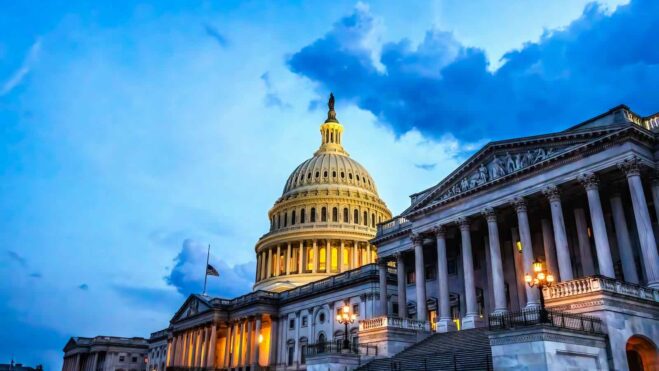Massachusetts Gaming Commission Opens Dialogue On Limiting Sports Bettors, Operators Mostly Sit It Out
Commissioners in Massachusetts expressed frustration that only one betting operator showed up and took part in the discussion.
3 min

The Massachusetts Gaming Commission (MGC) is grappling with a complex issue: how to ensure fairness and transparency in sports betting operator limitations on patrons. It held an open meeting Tuesday to discuss the issue, but a lack of participation on the part of the operators hindered hopes for meaningful progress.
This topic arose from a public comment in July 2023 that asked why sportsbooks were allowed to limit bettors at their own discretion, applying different rules to different customers. Tuesday’s roundtable was to bring together various stakeholders to shed light on the situation, but all but one of Massachusetts’ licensed operators were absent. Bally’s, which expects to launch in the state in June, was the lone exception.
The roundtable included commissioners from the MGC, Bally’s Interactive representative Justin Black, professional gambler and co-founder of sports betting resource site Unabated.com Jack Andrews, policy consultant Brianne Doura-Schawohl, and industry consultant Dustin Gouker.
The commission was displeased with the turnout from operators. Commissioner Brad Hill stated, “[I] share in [Commissioner Nakisha Skinner’s], I think, frustration, and I will go so far as to say anger that I have today for not being able to get a lot more information that I thought we would be able to get today to start this conversation.”
While the MGC has the authority to regulate sports betting operators within the state, current regulations allow operators to limit patrons on an individual basis. This has raised concerns, particularly around a lack of transparency in the process of determining wagering limits and other issues. Patrons often receive little to no explanation for why their bets are being limited, and there’s no clear picture of how widespread this practice is.
Lack of transparency a major issue
One major concern across the board, according to the roundtable participants, is the lack of transparency. When a patron is limited, they often don’t understand why. This can be frustrating and leave patrons feeling like the system is unfair.
For example, a gambler may win a few bets and then suddenly find their wagering limits drastically reduced. Without any explanation, it’s difficult for them to understand what triggered the change.
Another concern is the lack of data. There’s no clear picture of how many patrons are being limited. This makes it difficult to assess the fairness of these practices. Are limitations primarily used for responsible gambling concerns, or are operators also limiting winning patrons to protect their profits? It’s a question the commissioners clearly would have liked to have been able to ask of operators.
Standardization also emerged as a key issue. Currently, there are no set metrics for how operators determine limits. This lack of standardization can lead to inconsistency and unfairness. One operator may limit a patron to a certain level of wagering while another allows a much higher threshold.
Possible fixes
The roundtable explored potential solutions. A legislative fix that prohibits operators from limiting patrons altogether was mentioned, but this approach was deemed unlikely. More realistic options included requiring operators to be more transparent about their limitation practices. This could involve providing clear communication to patrons when they are limited, outlining the reasons behind the decision.
Data collection was another possibility. The MGC could require operators to collect data on how and why patrons are limited. This data would provide valuable insights into the scope of the practice and help identify any potential biases. Additionally, the MGC could develop standardized metrics for determining limitations.
The fairness issue loomed large throughout the discussion. Even if operators have legitimate reasons for limiting patrons, the current system is not perceived as fair by many. The lack of transparency and the potential for misuse of responsible gambling measures contribute to this perception.
While no definitive solutions were reached, the MGC gained insights from at least some industry stakeholders. Moving forward, the commission will likely continue exploring ways to ensure transparency in this area. Like Commissioner Eileen O’Brien said in April’s public meeting, “This is the beginning of the conversation.”
However, if gambling operators aren’t willing to participate in the discussions, any regulations the MGC promulgates could be one-sided.





